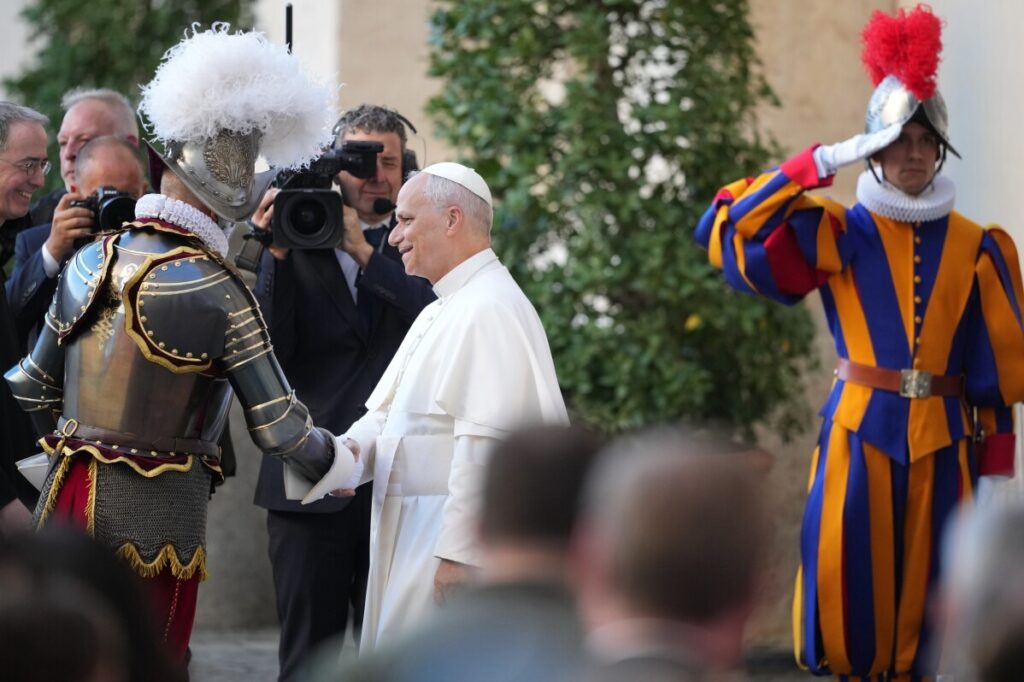Pope Leo XIV Pulls Back Vatican Financial Power Grab: A Closer Look at Accountability in the Holy See
Pope Leo XIV’s decisive rollback of Pope Francis’ financial centralization in the Vatican signals a crucial step toward restoring transparency and proper stewardship over the Church’s assets—reflecting principles every American taxpayer and donor values.

VATICAN CITY — In a bold move signaling a commitment to accountability, Pope Leo XIV has repealed a 2022 law that had shifted exclusive control of the Holy See’s financial assets to the Vatican bank, officially known as the Institute of Religious Works (IOR). This reversal directly challenges Pope Francis’ controversial decision to centralize financial power in one institution lacking broad oversight—a move that alarmed many within and outside Vatican walls.
The revoked law granted IOR exclusive responsibility over managing Vatican assets, sidelining other traditional offices such as APSA, which historically managed the Church’s real estate and investments based on the Holy See’s founding constitution. By allowing flexibility to engage external banks deemed “more efficient or convenient,” Leo XIV is reintroducing checks and balances necessary for healthy stewardship.
Why Does This Matter Beyond Rome?
This recalibration isn’t just an internal Vatican housekeeping matter; it holds broader significance for American Catholics and taxpayers worldwide who demand transparency and accountability from institutions they support. The previous commission established under Francis—composed mainly of inexperienced Italians with no professional fundraising background—failed to meet these standards, alienating major donors like influential U.S. Catholic groups.
Leo’s engagement with organizations such as the Knights of Columbus during his recent meetings sends a clear message: donor trust matters. The Knights, one of America’s largest Catholic charitable bodies, have consistently emphasized transparency as a condition for ongoing support—an expectation any institution benefiting from public or private generosity must heed.
Is This Just About Money—or Restoring National Sovereignty in Church Governance?
The Vatican’s financial opacity has long frustrated watchdogs concerned about governance disconnected from accountability. By dismantling Francis’ concentration of financial power, Leo XIV is moving toward principles aligned with America First values: sovereignty over one’s assets, prudent management free from unchecked bureaucracy, and respect for donor scrutiny.
Moreover, this reform arrives amid broader personnel shifts—such as reassignment of high-ranking officials closely tied to Francis’ administration—indicating a serious effort to realign Vatican governance not only financially but also politically.
For Americans who cherish freedom rooted in transparent leadership and oppose opaque globalist institutions wielding unchecked influence behind closed doors, Pope Leo XIV’s actions are a hopeful sign. They remind us that even ancient institutions must evolve toward openness if they wish to command trust.
How much longer will other international organizations ignore calls for fiscal responsibility? If the Vatican can recalibrate its course under new leadership, what does that say about Washington’s own need for reform? Our shared values demand vigilant oversight everywhere power consolidates without accountability.
